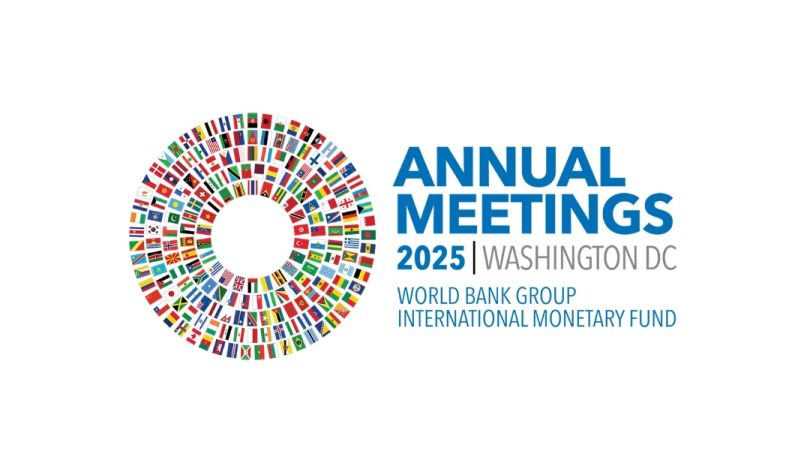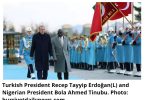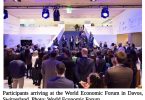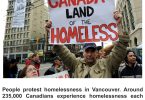As the global economy navigates a complex web of persistent inflation, geopolitical tensions, and transformative technological shifts, the world’s premier financial and development leaders are set to convene for the 2025 Annual Meetings of the International Monetary Fund (IMF) and the World Bank Group (WBG). Scheduled from Monday, October 13, to Saturday, October 18, this pivotal series of events will serve as the central arena for diagnosing the global economy’s health and charting a course for a stable and prosperous future.
The Annual Meetings are the most significant gathering of their kind, bringing together an influential and diverse cohort of attendees. Finance ministers, central bank governors, private sector executives, representatives from civil society organizations (CSOs), and leading academics from across the 191 member countries will descend upon Washington, D.C. More than just a conference, it is a crucial forum where the architecture of global economic policy is debated, negotiated, and refined. The decisions and dialogues that take place here have profound implications for international financial stability, sustainable development, and the global fight against poverty.
Understanding the Institutions and Their Mandates
To grasp the significance of the meetings, it’s essential to understand the distinct yet complementary roles of their hosts. Born from the Bretton Woods conference in 1944, both institutions were created to foster international economic cooperation and prevent the economic nationalism that contributed to global conflict.
● The International Monetary Fund (IMF) acts as the guardian of the global monetary system. Its primary mandate is to ensure the stability of exchange rates and international payments, enabling countries to transact with each other. The IMF monitors the economic and financial policies of its members, provides policy advice, offers technical assistance, and lends to countries experiencing balance-of-payments difficulties.
● The World Bank Group (WBG) is the world’s leading multilateral development institution. Its core mission has evolved from post-war reconstruction to a global fight against poverty. The WBG provides financial and technical assistance to developing countries for a wide range of projects, from building infrastructure and improving healthcare to investing in education and promoting good governance.
The Annual Meetings are the one time each year when the full governance bodies of these two powerful institutions — the Boards of Governors — convene to make strategic decisions about their future work.
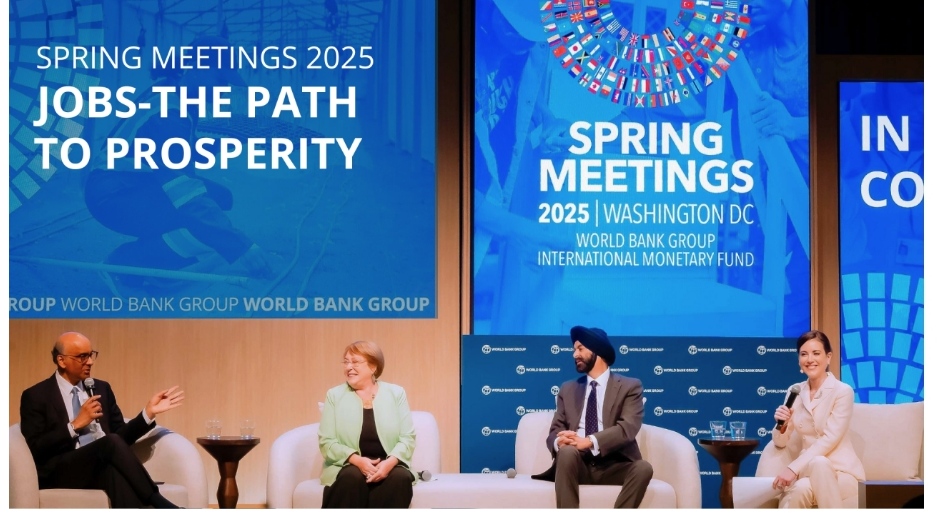
President of the World Bank Group Ajay Banga, and Kristalina Georgieva Managing Director, International Monetary Fund (IMF) at Spring Meetings 2025. Photo: world bank / LinkedIn
What to Expect: Key Events and Forums
The week’s agenda is a dense list of high-level closed-door meetings and open public forums. The cornerstones of the event are the key ministerial sessions:
● The Annual Meetings Plenary Session: This is the formal opening of the meetings, where the heads of the IMF and World Bank deliver their keynote addresses, setting the tone for the week. The Governors from all member countries participate, representing the highest level of global economic leadership.
● The International Monetary and Financial Committee (IMFC): Comprising 25 members who represent the full IMF membership, the IMFC is the primary advisory body to the IMF Board of Governors. It meets to discuss the management of the international monetary system and address emerging threats to global financial stability.
● The Development Committee: A joint ministerial committee of the IMF and World Bank, the Development Committee advises on critical development issues and the financial resources required to promote economic growth and poverty reduction in developing nations.
Beyond these formal sessions, the Civil Society Policy Forum (CSPF) provides a vital space for transparency and accountability. It allows civil society organizations to engage directly with institutional staff, government delegations, and other stakeholders on urgent topics like debt justice, climate finance, human rights, and equitable development. The week is further enriched by a comprehensive Program of Events, including regional press briefings, flagship reports like the World Economic Outlook, and dozens of seminars on topics ranging from artificial intelligence to financial resilience in the face of natural disasters.
Deep Dive: Key Themes on the 2025 Agenda
Discussions throughout the week are expected to be dominated by several pivotal themes that will define the trajectory of the global economy.
A primary focus will be on assessing the delicate balance between growth and inflation. While the global economy has shown surprising resilience, with 2025 GDP growth estimates revised upward, this performance has been narrowing. Much of the recent economic activity has been driven by massive capital expenditures in the artificial intelligence sector by a handful of tech giants. Policymakers will debate the “concentration risk” posed by such intensive investment and whether it is sustainable. Simultaneously, they must grapple with persistent inflation, which, despite slowing from recent peaks, remains a concern as the delayed effects of rising trade tariffs may begin to pass through to consumer prices, creating the risk of stagflation.
Managing International Trade and Industrial Policy
The meetings will be a critical venue for addressing what many analysts call a “dual shock” to the global trade system: rising protectionism in some major economies and industrial overcapacity in others. As some countries impose tariffs, others are redirecting exports to third markets, creating intense competition and disrupting established manufacturing-for-export growth models in Europe and emerging markets alike. The IMF will be looked to for guidance on how its member countries can navigate this complex environment of competing economic strategies while preserving the principles of mutually beneficial, rules-based trade.
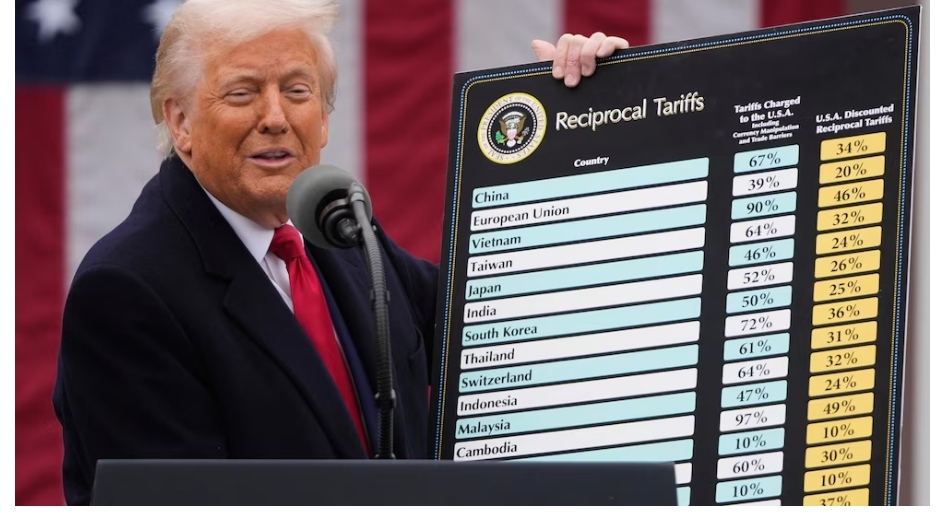
Trump announcing tariffs earlier this year. Photo: abc news
Supporting Economies in Crisis
The effectiveness and sustainability of international rescue packages will be under intense scrutiny. Argentina’s economy serves as a prominent case study. While the current IMF program has seen a remarkable fiscal turnaround and a sharp reduction in inflation, the country’s situation remains fragile, with social and political pressures mounting. Discussions will center on the design of program conditionality: how can the IMF help stabilize an economy without imposing austerity measures that prove politically unsustainable? This debate is central to the Fund’s role in crisis management.
Improving Sovereign Debt Restructuring
With many countries facing debt distress, resolving sovereign debt crises is more urgent than ever. The current system is often criticized for being too slow and complex, hindered by the challenge of coordinating between diverse creditors, including traditional Paris Club lenders, new official creditors, and a vast array of private bondholders. A key proposal on the table is to encourage parallel negotiations between a debtor country and its various creditor groups, rather than the current sequential approach. The IMF and World Bank’s role as “honest brokers” providing credible data and analysis will be crucial to facilitating these more efficient and equitable restructuring agreements.
The Evolving Role of Multilateralism
Finally, delegates will engage in a fundamental dialogue about the future mission of the Bretton Woods institutions. A central debate centers on whether the IMF and the World Bank should focus narrowly on their “core” mandates: macroeconomic stability and poverty reduction, respectively or broaden their scope to address interconnected 21st-century challenges such as climate change, gender inequality, and digital disruption. The influence of major shareholders will shape this conversation, ultimately determining the purpose and priorities of these powerful institutions for years to come.
The outcomes of the 2025 Annual Meetings will resonate far beyond the conference halls, influencing national policies, international investment, and the daily lives of people worldwide. In an era of fragmentation, this gathering stands as a testament to the enduring need for global cooperation.
Written by Olivier Noudjalbaye Dedingar, USA/UN Correspondent.


